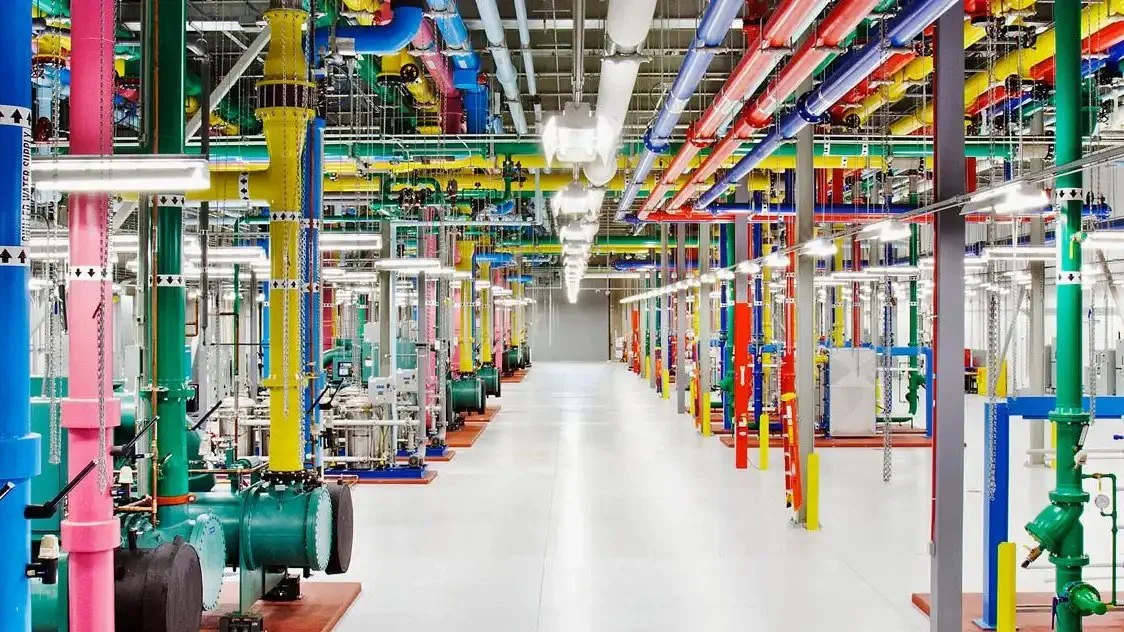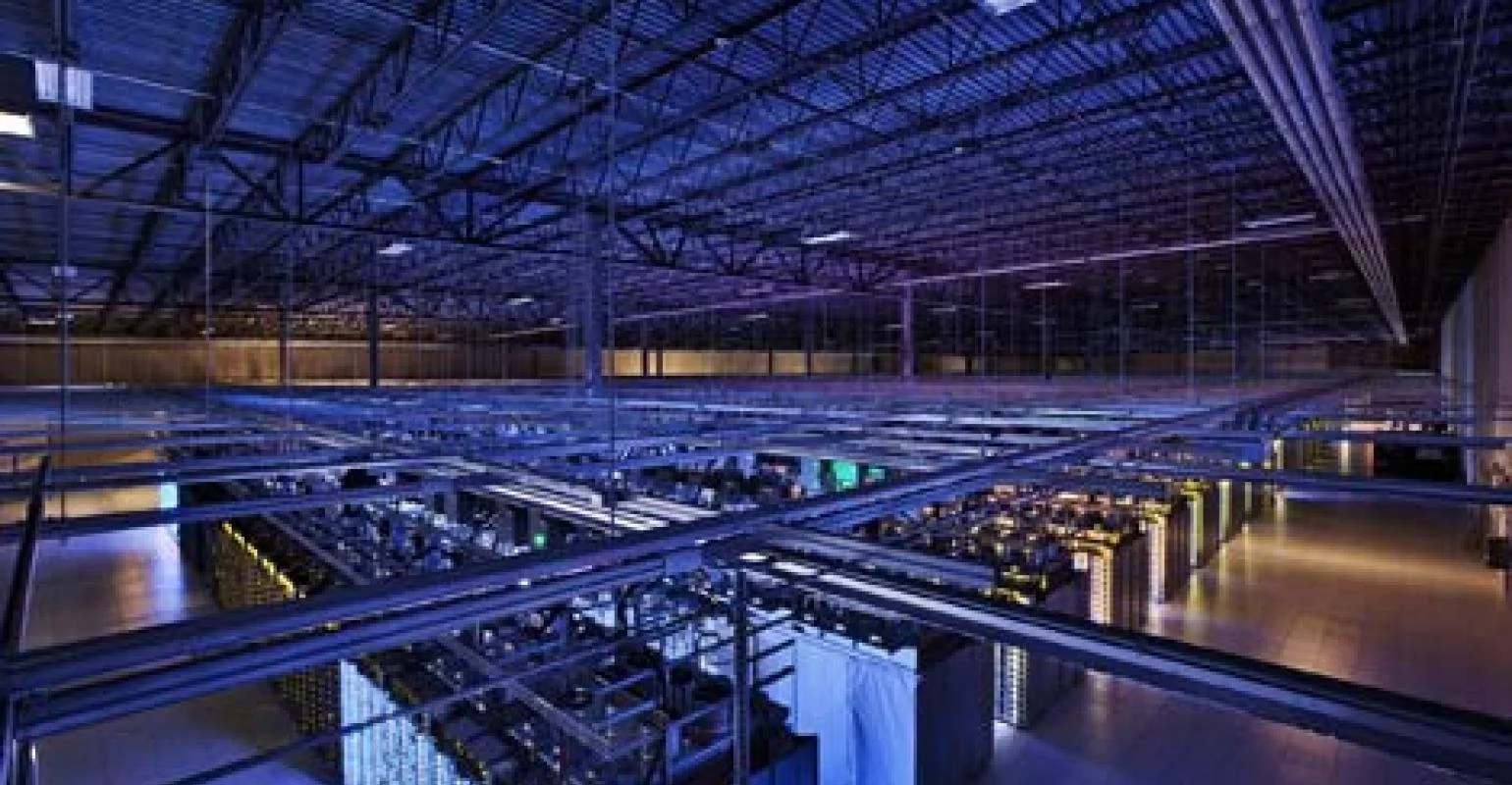AI: Sustainability Blessing or Curse?
Unpacking the Complex Relationship Between Artificial Intelligence and Corporate ESG Goals
The emergence of artificial intelligence (AI) technologies has captivated the world’s attention and transformed the way we live, work, and interact. From autonomous vehicles, to surveillance, robotic manufacturing, and personal assistants, AI has already permeated almost every facet of society and been integrated into countless business operations.
As this AI infusion continues, its impact on corporate sustainability has become a subject of enthusiasm and intense scrutiny. To help guide clients on their sustainability journey, BRODIE is exploring the nuanced interplay between AI and the corporate Environmental, Social, and Governance (ESG) landscape, shedding some light on the multifaceted ways AI impacts sustainability.
What is artificial intelligence and machine learning?
As defined by IBM, AI refers to a system that leverages computers and machines to copy the problem-solving and decision-making capabilities of the human mind (1). Machine learning, a sub-discipline of AI, encompasses AI systems trained on large datasets that enable them to learn patterns and make predictions or decisions without explicit programming. Many machine learning systems rely on deep learning methods that use artificial neural networks to process and analyze data in a way that mimics the human brain.
How can AI work to support ESG objectives?
Environmental:
AI is already contributing to climate mitigation and adaptation strategies, biodiversity preservation, and innovative sustainable agriculture practices. By employing predictive analysis, researchers are using AI systems to enhance climate modelling accuracy to devise more effective emissions reductions and climate resiliency strategies.
Beyond modelling, AI software companies, such as Deep Mind, can optimize energy consumption and renewable generation, reducing energy usage in data centres by 40% (2). Deep Mind AI systems are also assisting wind farms in predicting energy generation patterns, bolstering the value of wind energy in central US by 20% (3). And by optimizing transportation logistics and natural disaster management, AI is boosting climate mitigation and adaptation efforts.
To help tackle nature loss, organizations like Global Forest Watch are embracing AI technologies to augment their deforestation monitoring capabilities, while Microsoft’s Project SEEKER tool uses AI for monitoring and reporting illegal wildlife trafficking (4). Some businesses are adopting AI technologies developed by start-ups like DrizzleX or Flash Forest to optimize and reduce water consumption or undertake large-scale drone reforestation (5).
Sustainable agriculture is also undergoing a transformation thanks to AI systems which enhance efficiency and minimize its environmental footprint. By gathering precise data on soil conditions, weather patterns, crop health, and crop yield forecasts, users can optimize pesticide and fertilizer use. John Deere’s acquisition of Blue River Technology in 2017 exemplified this transformation using “see and spray” technology to refine herbicide and fertilizer targeting, leading to over 90% reduction in chemical use and lower costs for farmers (6).
Social:
Social issues being addressed by effective mobilization of AI technologies include bias, human rights, healthcare, and disability rights. Machine learning technologies used by the MIT Lincoln Laboratory leverage AI to identify covert human trafficking networks and prioritize data, expediting identification and prosecution (7). Humanitarian organizations and technology companies are also deploying AI to streamline refugee relocation processes and enhance service delivery efficiency (8).
While certain AI hiring technologies have faced criticism for accentuating bias, at its best, AI can be strategically used to mitigate discrimination and biases in both corporate and government settings. Unilever’s adoption of an AI-powered hiring tool in 2017 significantly diversified candidates and hires by democratizing the process (9). AI also is helping people with disabilities to improve mobility and access through robotic mobility technology, translation software, and adaptive learning technologies, enabling some to surmount barriers to educational and professional opportunities (10).
Governance:
Used wisely, AI’s ability to enhance compliance mechanisms and management decisions can make a positive difference to corporate governance. By scrutinizing internal data, AI systems can identify non-compliance to strengthen risk management, regulatory adherence, and auditing, reinforcing governance and better upholding internal and external standards (11). Beyond compliance, AI can aid Boards to make complex managerial choices by enabling real-time performance indicators, monitoring, predictive insights for proactive decisions, and scenario planning (12).
How can AI be a hindrance to ESG goals?
Despite the significant advances in leveraging AI for ESG objectives, integrating its use is not devoid of challenges. While regulatory frameworks are gradually evolving, the adoption of AI has introduced substantial challenges for sustainability.
Environmental:
AI systems, particularly large-scale models, are one of the most energy-intensive computing technologies, demanding significant energy and water resources (13). The development and training of AI systems requires colossal amounts of energy to power and water to cool equipment. Transparency around energy and water consumption by AI systems and companies is far from optimal: tech giants and emerging AI start-ups alike typically refrain from disclosing energy and water usage for training and operating AI tools (14). As these businesses work towards net-zero emissions, they may be motivated to site AI facilities in regions where sun and wind are abundant, but water may be scarce, intensifying the facilities’ impact on local water systems.
Social:
AI’s propensity to perpetuate bias is a real concern. AI systems learn from the data they’re trained on, and biased input data can result in biased algorithms perpetuating and amplifying discriminatory outcomes, for example in hiring, lending, or criminal justice systems. The labour market repercussions of AI development are also contentious, potentially displacing human workers across various industries. Although AI has the potential to create many jobs, the transition to reliance on AI could exacerbate inequalities between those who benefit from its proliferation and those who lose employment opportunities (15). Ethical and manipulative misuse of AI, such as “deep fakery,” can end up strengthening propaganda and spreading misinformation (16).
Governance:
Data privacy threats and lack of transparency are valid criticisms of AI systems which rely on massive amounts of data to be effectively trained, often including sensitive and personal information. This data, encompassing financial, health, and tax records or copyrighted works, can become accessible to AI users without legitimate need or proper consent.
Data breaches, bias, and other ESG issues introduced by AI are further compounded by the opacity of decision-making processes in advanced AI models. Many of these, especially deep learning tools, use complex systems of neural networks to make decisions - resulting in a process extremely difficult for humans to interpret. Given the lack of transparency, when AI systems are biased or result in data breaches, there is no clear way to identify where key data was found or how any bias was amplified. This poses substantial governance risks for AI-adopting companies, complicating the mitigation of AI-related ESG risks.
So where do we go from here?
The complex future of AI is full of both promise and threat, and the intricate interplay between AI and the corporate ESG landscape underscores the need for diligent and proactive strategies.
By incorporating a comprehensive discussion of AI-posed risks into sustainability frameworks, businesses can work to harness AI’s transformative potential while safeguarding the principles that underpin their ESG commitments.
Through mindfully integrating AI into their operations, businesses can help steer their course, powered by ethical innovation, towards a more sustainable and equitable future.
References
"HRH the Duke of Cambridge Visits Microsoft's UK Headquarters to Learn about Project SEEKER as Part of His Work with the Royal Foundation," Microsoft, last modified November 18, 2021; "Forest Monitoring Designed for Action," Global Forest Watch
"Turning Technology against Human Traffickers," MIT, last modified May 6, 2021
“AI in the Humanitarian Sector,” OCHA Services, last modified October 6, 2020 ; “AI for Humanitarian Action,” Microsoft
“Humanity should get the best from AI, not the worst - UN disability rights expert,” United Nations, last modified May 09, 2022; “How People with Disabilities Are Using AI to Improve Their Lives,” PBS, January 30, 2019; “How Robots Can Assist Students With Disabilities,” New York Times, last modified March 29, 2022
Mike Thomas, "8 Risks and Dangers of Artificial Intelligence (AI)," Built In
Get in touch
At BRODIE, we are closely monitoring developments in this space and advising clients on how to develop impactful strategies and partnerships. If you would like to find out more, please reach out.
hello@brodiepartners.com
BRODIE develops sustainability trends and market insights for a number of leading companies. We have also developed a breadth of sustainability strategies and action plans, including executive and stakeholder engagement and communications as well as business analysis and planning.



